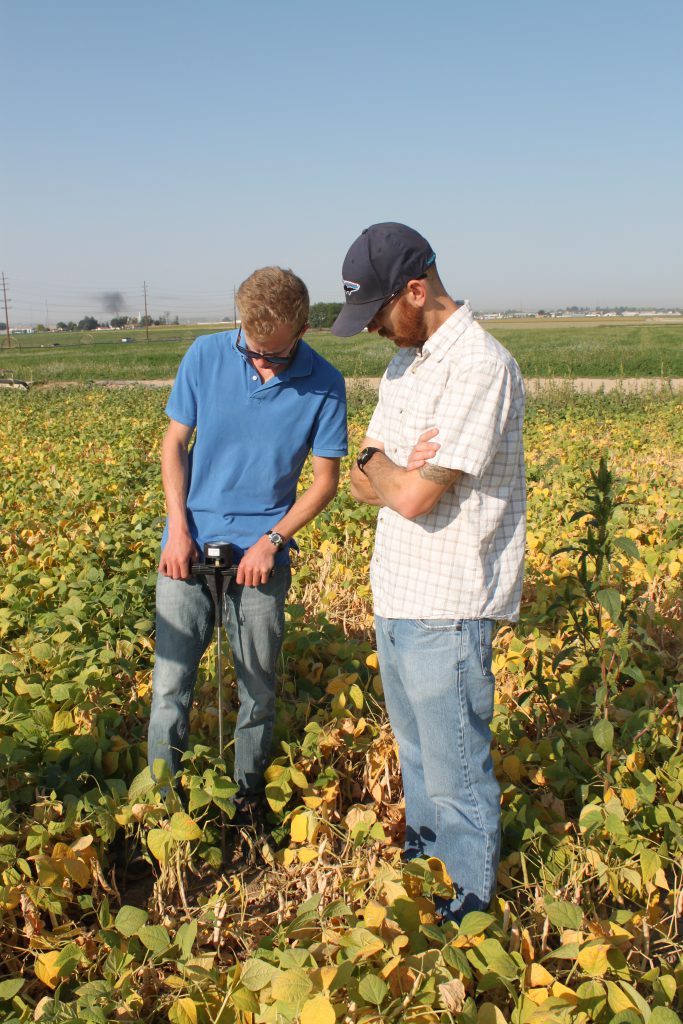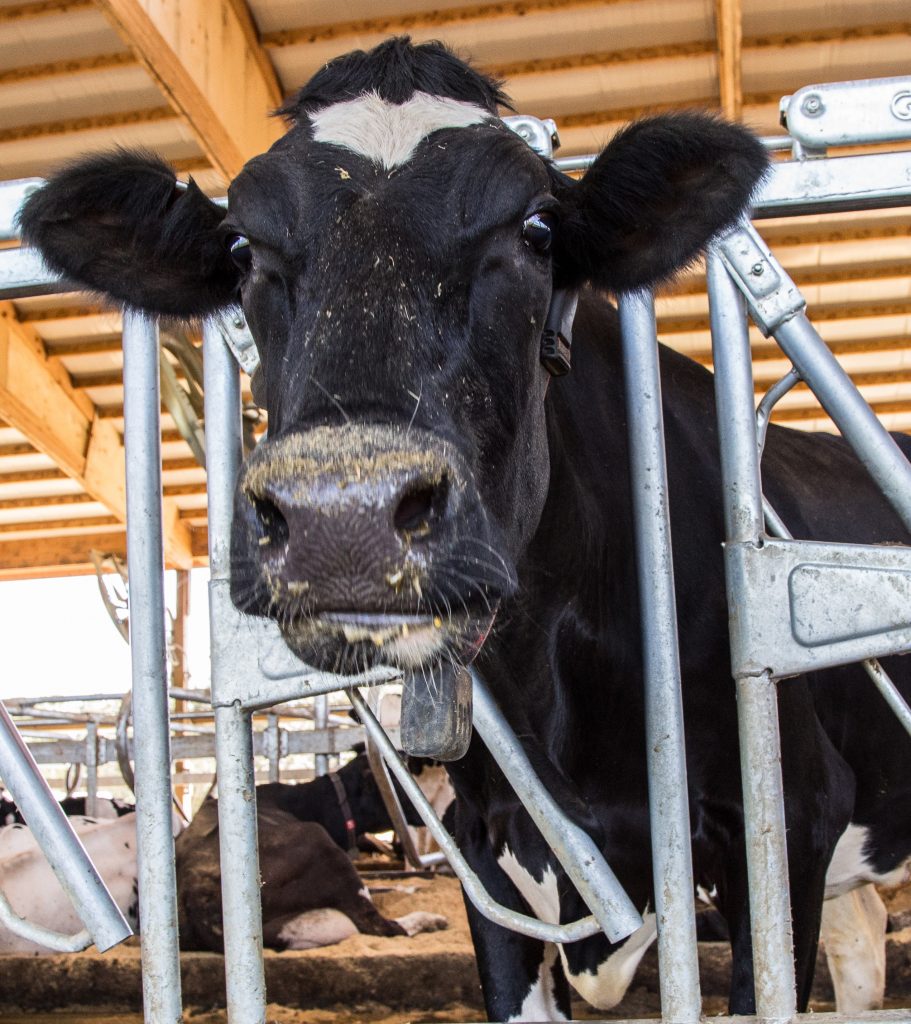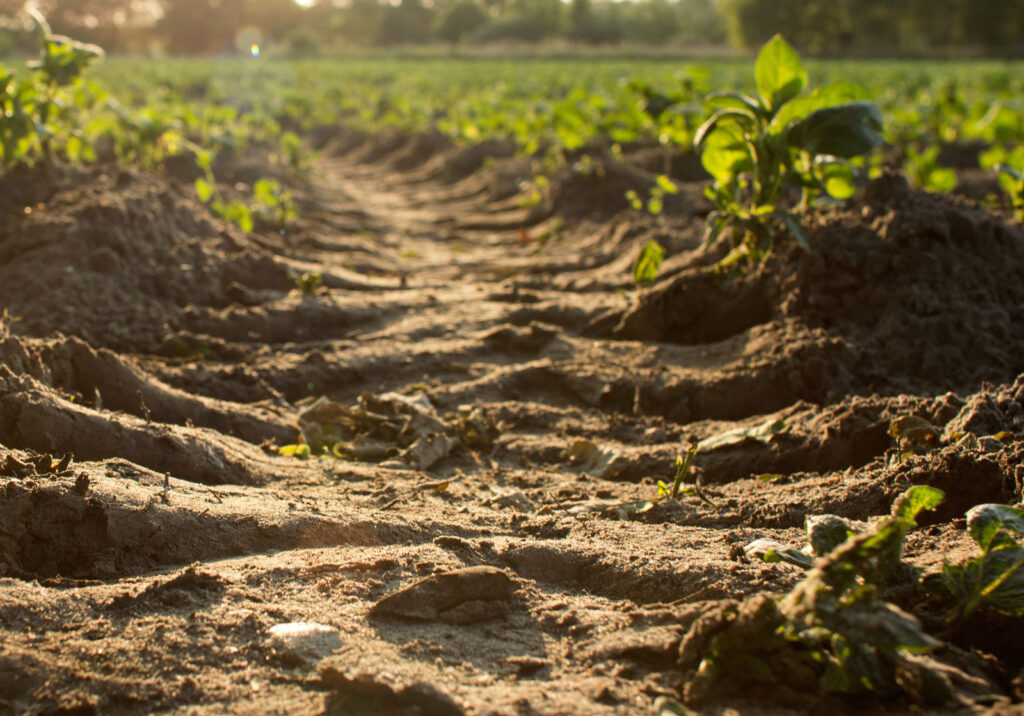Agriculture
A Key Sector in Mitigating Climate Change in Idaho
In Idaho, agriculture is a massive industry. According to the Idaho Department of Agriculture, Idaho’s 25,000 farms and ranches produce more than 185 different commodities, and we’re ranked in the top 10 in the U.S. for production of more than 25 crops and livestock. The size of this industry makes it a key component in efforts to combat climate change in Idaho. At ICL, we advocate for practical ways to curb methane emissions and establish partnerships to encourage the adoption of climate-smart solutions. We also engage with the agricultural community to encourage best management practices that sequester carbon.
1. Promote Land Use Practices that Absorb and Store Carbon in the Ground
Agriculture and forestry are two of the largest industries in Idaho. They also face some of the most significant impacts from climate change. Supporting and rewarding land managers for their solutions to fighting climate change is essential for addressing climate change in rural Idaho.
We need your help in advocating for these policies! Our elected leaders need to hear that Idahoan’s support policies that reward farmers, ranchers, and foresters in rural Idaho for sequestering carbon, reducing emissions, improving soil health, and increasing rural sustainability. You can help by telling Idaho’s congressional delegation to support our farmers, ranchers, and foresters fighting climate change.

2. Reduce Methane Emissions through Established and Emerging Technologies
Methane emissions from Idaho’s agriculture sector are a significant contributor to climate. In Idaho, this pollutant comes primarily from cow digestive processes and the breakdown of manure. Over the past few decades, Idaho has seen a drastic increase in the number of large, concentrated animal feedlots (commonly known as CAFOs). This rise in the number of CAFOs has seen an equivalent rise in the amount of manure produced by livestock — and the methane that it releases.
The predominant method for managing livestock manure currently involves spreading it over fields. In addition to creating serious water contamination and public health concerns, this “land applied” manure is left to release methane into the atmosphere (which is 28x more potent than Co2). ICL promotes waste-to-wealth technologies that help capture methane and use it on-site for heat or energy needs.
The management of livestock and their manure can be a significant contributor to climate change, or it can be part of the solution using proven technology that captures methane emissions.

3. Advocate for Programs and Initiatives that foster Healthy Soils
Our agricultural-focused climate work must do three things, 1) benefit climate mitigation efforts, 2) create healthy soils and 3) benefit the rural communities where projects are implemented. This “dual benefits” approach is at the core of our climate work. Whether it’s working to pay farmers for the carbon they capture and store or collaborating on investments for new technologies that capture methane emissions, we’re striving to ensure these policies benefit Idaho’s rural communities.
It’s also our goal to support Idaho communities by making the land use and forestry industries vital to their economies more resilient in the face of climate change. ICL is working with collaborators to enhance funding opportunities necessary for developing and implementing a soil health plan.

